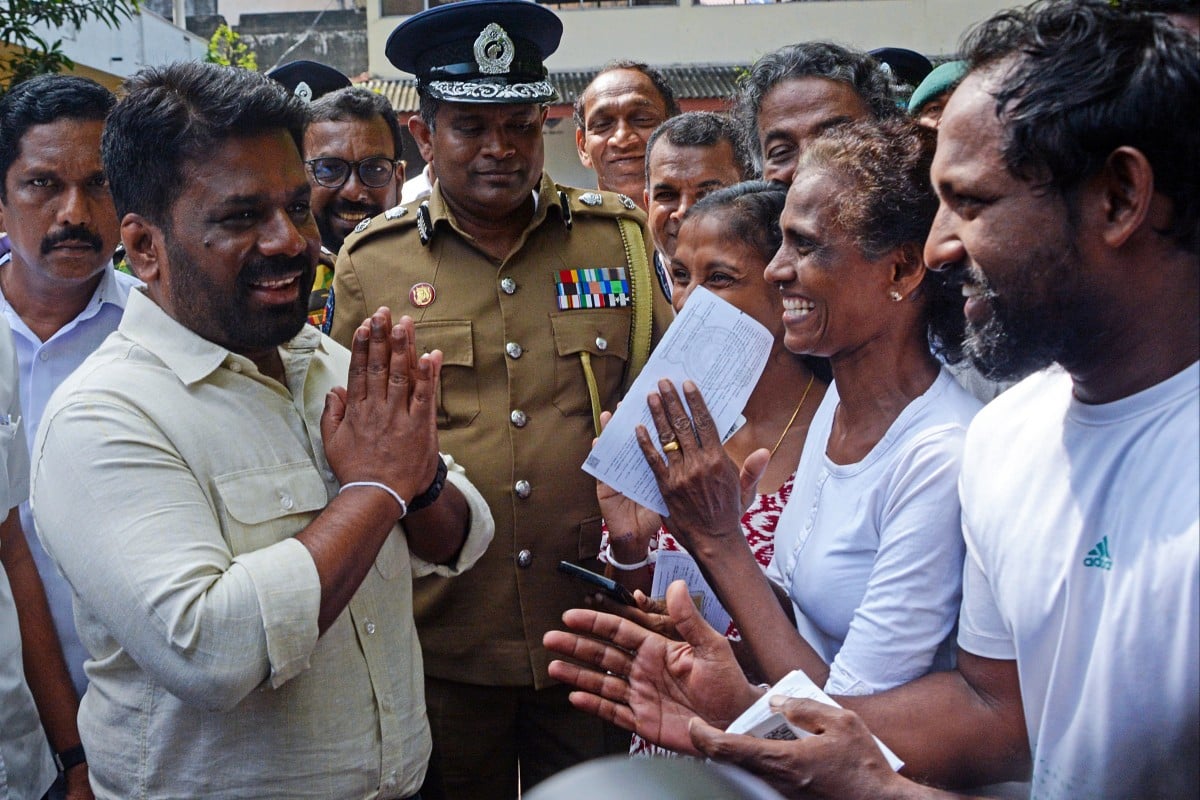Sri Lankan President Anura Kumara Dissanayake thanked voters on Friday for delivering his leftist coalition a landslide victory in snap parliamentary elections that repudiated establishment parties blamed for triggering an economic crisis.
Dissanayake, a self-avowed Marxist, swept September presidential elections on a promise to combat corruption and recover stolen assets, two years after a slow-motion financial crash imposed widespread hardships on the island nation.
His decision to immediately call polls and secure parliamentary backing for his agenda was vindicated on Friday, with his National People’s Power (NPP) coalition taking at least 159 seats in the 225-member assembly, exceeding a two-thirds majority.
In a sign of the magnitude of support for Dissanayake, his party won the most votes in the northern district of Jaffna, dominated by the island’s minority Tamil community, for the first time since independence from Britain in 1948.
Dissanayake, the 55-year-old son of a labourer, had been an MP for nearly 25 years and was briefly an agriculture minister but his NPP coalition held just three seats in the outgoing assembly.
He stormed to the presidency after successfully distancing himself from successive leaders blamed for steering the country to its 2022 economic crisis.
Portraits of communist luminaries including Karl Marx, Vladimir Lenin, Friedrich Engels and Fidel Castro hang in Dissanayake’s office in the capital.
Since his rise to popularity, however, he has softened some policies, saying he believes in an open economy and is not totally opposed to privatisation.
Dissanayake had campaigned on a pledge to renegotiate a controversial US$2.9 billion International Monetary Fund (IMF) bailout secured by his predecessor.
But since taking office, he has resolved to maintain the existing agreement with the international lender.
The country’s main private sector lobby, the Ceylon Chamber of Commerce, has tacitly supported Dissanayake and his programme.



Yeah, not a good sign… This WSWS article on him doesn’t exactly inspire hope either.